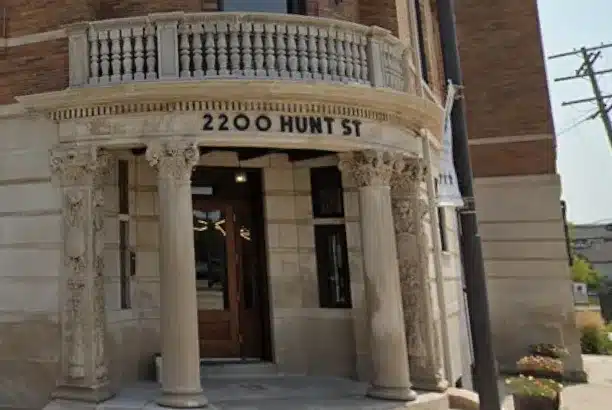What Happens If Your Waymo Gets in an Accident?
If your Waymo gets in an accident, treat it like any other crash: prioritize safety, call 911, get medical care, document the scene, and make sure a police report is filed. The difference is that liability and evidence can be more complex because trip records, vehicle cameras, and system data may become important; especially if fault is disputed or the at-fault driver can’t be identified.
As autonomous vehicles become more common on city streets throughout Florida and Texas, many riders are asking what happens if a driverless car is inv ...


 CALL US NOW
CALL US NOW TEXT US NOW
TEXT US NOW




























